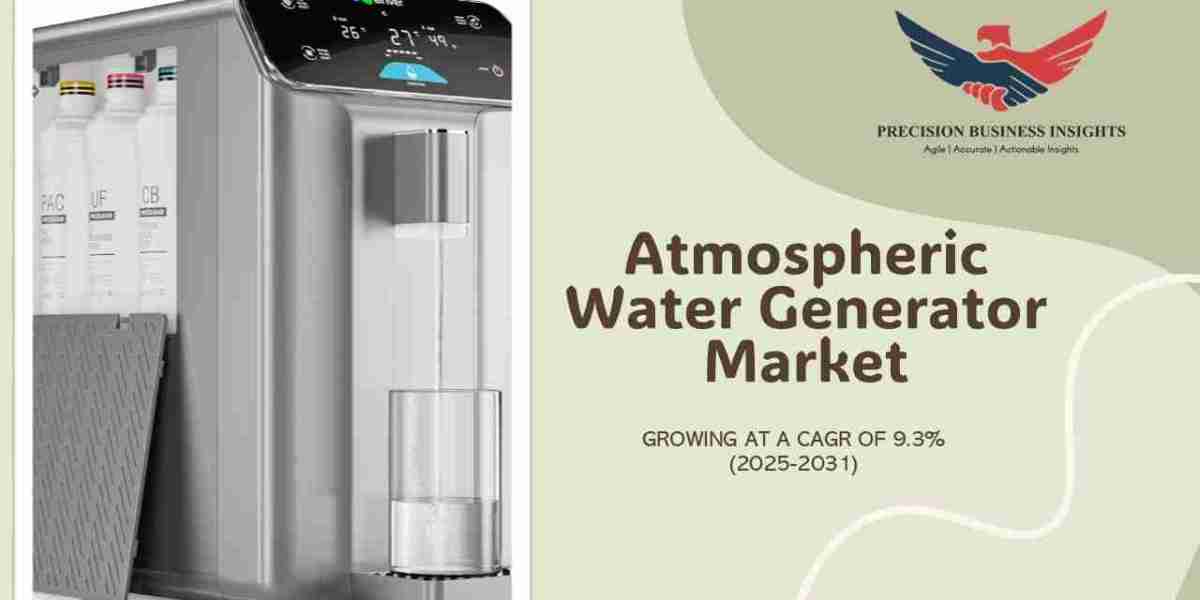What is HACCP Certification?
Hazard Analysis and Critical Control Points (HACCP) certification is a globally recognized system for ensuring food safety. Rather than relying on end-product testing alone, HACCP takes a proactive approach by identifying, evaluating, and controlling hazards at every stage of the food supply chain. From raw material sourcing to packaging and distribution, this certification helps food businesses establish a preventive system that reduces the risk of foodborne illnesses.
Why is HACCP Certification Important?
HACCP certification isn't just a legal requirement in many countries—it’s a badge of credibility and a powerful trust signal to consumers. It shows that your business takes food safety seriously, actively managing potential hazards like biological contaminants, chemical residues, or physical impurities. This is especially important for businesses that export products, where compliance with international food safety standards is mandatory.
Who Needs HACCP Certification?
HACCP is relevant for a wide range of food businesses—from small restaurants and catering services to large-scale manufacturers, processors, and distributors. Whether you're running a bakery, dairy, seafood plant, or even a food packaging unit, HACCP certification ensures your processes meet strict hygiene and safety protocols. It is also highly valuable for food handlers and quality assurance professionals who want to advance their careers.
Benefits of HACCP Certification
The benefits of HACCP certification extend far beyond compliance. It helps reduce waste, prevent recalls, and minimize the risk of legal action due to food safety issues. Internally, it creates a culture of awareness and responsibility among staff. Externally, it enhances brand image, builds customer confidence, and opens doors to new markets, especially in regions where food safety laws are stringent.
Steps to Get HACCP Certified
The process begins with a thorough hazard analysis and the identification of critical control points. Businesses must then implement control measures, set monitoring procedures, and establish corrective actions. Regular verification and documentation are essential parts of the system. To achieve certification, organizations must undergo an audit by an accredited certification body, which evaluates their food safety management system against HACCP principles.
Conclusion: A Smart Investment in Food Safety
In a world where food safety incidents can damage reputations overnight, HACCP certification is more than just a checklist—it’s a strategic investment. It strengthens your operations, safeguards consumers, and enhances business opportunities. For any food business aiming for long-term success and global recognition, HACCP isn’t optional—it’s essential.




